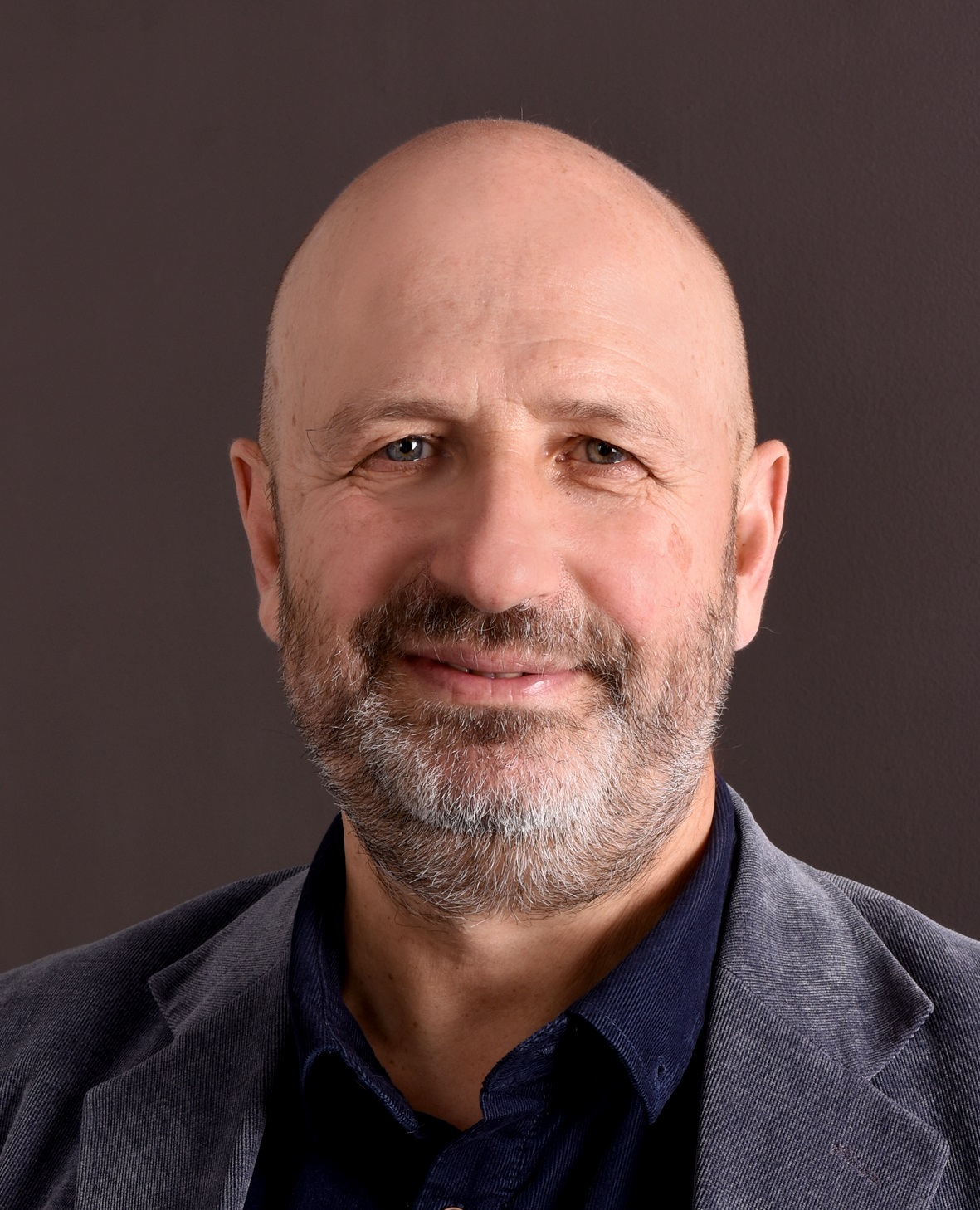
Keynotes
Dr. Oleksandr Letychevskyi
Head of the digital automata theory department
Glushkov Institute of Cybernetics, Kyiv, Ukraine
Professor
Heriot-Watt University, Edinburgh, Scotland, United Kingdom
 Abstract.
Abstract.
The presentation considers a neuro-insertion approach based on a combination of artificial intelligence and insertion modeling methods. It contains an overview of the insertion modeling technology and its use in building digital twins. The main concepts of the theory of agents and environments, behavior algebra, and the foundations of symbolic multi-agent modeling are presented within the scope of the creation and functioning of digital twins in various areas of industry, including transportation systems, nuclear power, and blockchain. The insertion modeling of continuous processes is considered, as well as a multi-level modeling method in medicine and biology. Examples of the application of the neuro-insertion approach in cybersecurity are presented, as a model for predicting attacks with confirmation by the algebraic component of the digital twin.
Dr. Oleksandr Letychevskyi is the head of the digital automata theory department of the Glushkov Institute of Cybernetics (Kyiv, Ukraine). He worked as a chief researcher at LitSoft, a Motorola contractor, and as a researcher at the University of Missouri (Rolla, USA). Dr. O. Letychevskyi is also a Professor at Heriot-Watt University in Edinburgh. His research interests include AI methods, algebraic approaches to model-based design and cyber security. It includes research in neuro-symbolic approach especially in blockchain, hardware design, physics and digital twins technology.
Dr. Angelo Genovese
Associate Professor
Università degli Studi di Milano
Department of Computer Science, Italy
 Abstract.
Abstract.
Industrial companies are increasingly challenged to deliver high-quality products and reliable services while complying with environmental policies aimed at reducing waste and pollution. To optimize resources and processes, and thereby achieve these goals, developing automatic systems for real production lines represents a significant advantage. Recent advancements in neural networks for classification and segmentation have enabled increasingly high performance in detecting and recognizing anomalies on industrial production lines, addressing challenges such as classification accuracy, inference speed, data scarcity, and computational complexity. In fact, today’s objectives for industrial anomaly detection emphasize fast and accurate detection in low-data regimes and on edge-based devices, using neural models trained on small-scale datasets and deployed at the edge of the network, typically on lowpower hardware. This talk presents recent advances in industrial anomaly detection at the edge, discussing topics such as data scarcity, sample generation, model and training optimization, and explainability
Angelo Genovese (S'12-M'15-SM’22) received the Ph.D. degree in computer science from the Università degli Studi di Milano, Milan, Italy, in 2014. He has been an Associate Professor in Computer Science with the Università degli Studi di Milano since 2022. He has been a Visiting Researcher with the University of Toronto, Toronto, ON, Canada. Original results have been published in over 80 papers in international journals, proceedings of international conferences, books, and book chapters. His current research interests include signal and image processing and artificial intelligence for industrial and environmental monitoring systems, medical imaging, and design methodologies and algorithms for selfadapting systems. Dr. Genovese is an Associate Editor of the Journal of Ambient Intelligence and Humanized Computing (Springer) and Array (Elsevier). For more information: https://homes.di.unimi.it/genovese/
Prof. Nataliia Kussul
Associate Research Professor
Department of Geographical Sciences, University of Maryland, United States
Doctor of science, Professor
National Technical University of Ukraine “Igor Sikorsky Kyiv Polytechnic Institute” (NTUU “KPI”), Ukraine
 Abstract.
Abstract.
The convergence of Artificial Intelligence and Earth Observation has ushered in a new era of Earth intelligence, where timely, data-driven insights support critical decisions across domains such as food security, climate adaptation, and crisis response. This keynote will explore how cutting-edge AI models, including deep learning and multimodal fusion techniques, are transforming satellite data into operational tools for monitoring land use change, assessing the impacts of armed conflict, and guiding sustainable development. Drawing on real-world applications in Ukraine and beyond, I will present a framework for scalable, high-resolution analysis of agricultural and ecological systems using synthetic aperture radar (SAR), optical imagery, and climate data. Special attention will be given to the deploying AI in high-stakes environments, and the role of international cooperation in building resilient digital infrastructures. The talk will also highlight opportunities for integrating AI-powered Earth intelligence into digital economy platforms and early warning systems, moving from pixels to policy in a rapidly changing world.
Nataliia Kussul is an Associate Research Professor at the Department of Geographical Sciences, University of Maryland, and Professor at the National Technical University of Ukraine “Igor Sikorsky Kyiv Polytechnic Institute” (NTUU “KPI”). She is a recognized expert in Earth intelligence, satellite data analytics, and AI applications for sustainable development and crisis monitoring.
Her research integrates artificial intelligence, remote sensing (optical and radar), and geospatial modeling to address global challenges such as climate change, food security, and post-conflict recovery. Prof. Kussul has led major international projects under the European Commission, ESA, the World Bank, and Horizon Europe, including as Principal Investigator of a NASA-funded project on assessing war impacts on protected areas in Ukraine.
With a background in control theory and applied mathematics, and over two decades of experience, she has contributed to operational workflows that turn satellite data into actionable intelligence at national and global scales. Prof. Kussul has played a central role in advancing AI-driven approaches for land use monitoring, disaster risk assessment, and sustainable land management. Her work has been recognized with the GEO Individual Excellence Award for outstanding contributions to the use of Earth observation in support of sustainable development and disaster response.
Dates and Deadlines
Extended Abstract Submission:
27 April 2025
18 May 2025
LAST Extended Abstract Submission for Special Streams and Workshops ONLY:
22 June 2025
Late paper submission (need to fulfill Camera Ready requirements: 4-6 pages):
13 July 2025
Notification of Late paper acceptance:
20 July 2025
08 August 2025
Notification of Delayed (by reviewers) Papers Acceptance:
29 June 2025
08 August 2025
Camera ready paper:
27 July 2025
15 August 2025
Early registration:
30 June 2025 -
03 August 2025
30 June 2025 -
15 August 2025








